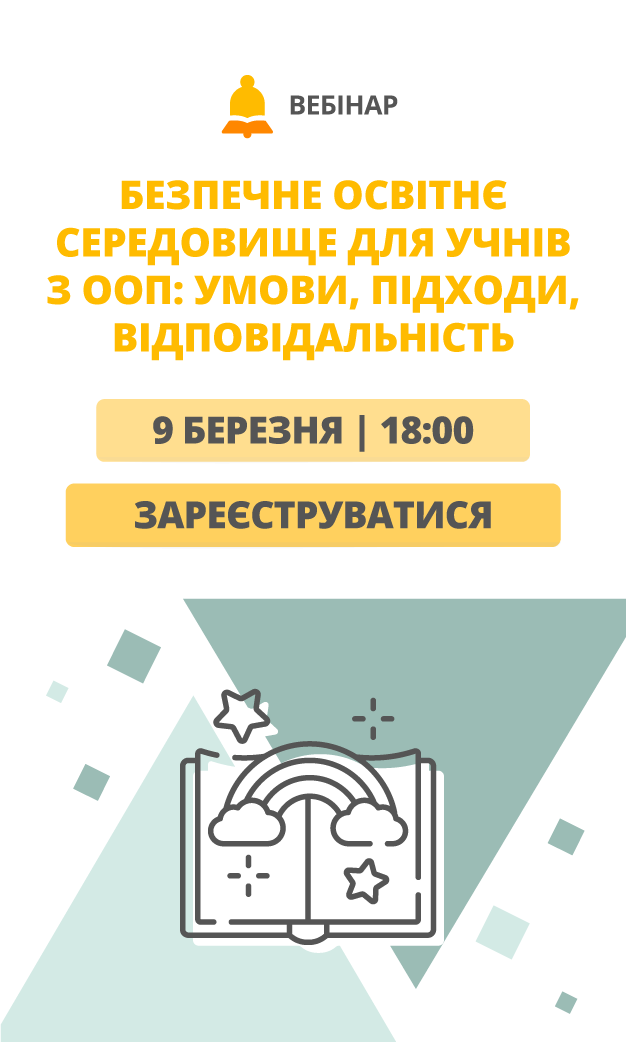Будьте готові до подорожі!
План-конспект уроку
з англійської мови
для 6 класу
Урок № 80
Tема: Будьте готові до подорожі!
Мета: Повторити й активізувати ЛО теми. Повторити граматичний матеріал: модальне дієсловоshould. Продовжувати формувати навички усного мовлення. Удосконалювати техніку читання. Розвивати комунікативні вміння учнів. Виховувати усвідомлення важливості вивчення англійської мови.
Обладнання: Підручник, робочий зошит, картки для роботи в парах, для індивідуальної роботи .
ХІД УРОКУ
I.ПІДГОТОВКА ДО СПРИЙНЯПЯ ІНШОМОВНОГО МОВЛЕННЯ
1.Привітання.
Т: Hello! Nice to see you.
Ps: Nice to see you, too!
2.Повідомлення теми та мети уроку.
Т: Today we'll speak about travelling. We'll discuss what is important to remember and what things are necessary when you are on a journey. You'll also practise in using the modal verb should.
3.Уведення в іншомовну атмосферу. Виконання завдання на картках. Робота в парах.
Учитель роздає картки з текстом, у якому пропущено частину інформації.
Учні в парах ставлять один одному запитання та доповнюють речення. По
закінченні виконання завдання учні ланцюжком читають доповнений текст.
CardА
Ask your partner and complete the text.
_______________ of people visit the United Kingdom every year. They come to _________________, to see the sights, to study or to
work. People who live within the European Economic Area (EEA) only needa_____________________ to get to the United Kingdom, but the people who live
outside the EEA (like Ukrainians) should get a visa first. If you want to get a visa you should have a passport, a ___________ and a return ticket.
Americans, _____________________and people from Commonwealth countries
(these are countries which were British colonies many years ago) don't need a visa to get to the UK.
Card В
Ask your partner and complete the text.
Thousands of people visit the_____________________________ every year.
They come to have a holiday, to see the______________, to study or to work.
People who live within the European Economic Area (EEA) only need a passport to get to the United Kingdom, but the people who live outside the EEA (like Ukrainians) should get a _____________first. If you want to get a visa you should
have a passport, a passport photo, and a _______________________.
Americans, Australians and people from Commonwealth countries (these are countries which were British ____________________many years ago) don't need
a visa to get to the UK.
4. Перевірка домашнього завдання.
- 1)РЗ, впр. 1 (с. 74).
Учні читають діалог, який вони доповнили поданими репліками, за ролями.
- 2)РЗ, впр. 2 (с. 74).
Учні ланцюжком читають речення вправи, пояснюючи, яку форму дієслів вони обрали та чому.
II.ОСНОВНА ЧАСТИНА УРОКУ
1. Подання тексту для читання й обговорення.
1)Впр. І (с. 134).
Бесіда в режимі Т~Р -Р->Р3.
Т: Look at the pictures on page 134.
Who can you see there?
Let's read the texts and write down the problem these children have when they are visiting a new city.
Учні самостійно читають тексти вправи і виписують в зошити проблеми, які можуть виникнути під час подорожі до інших міст. Потім по черзі називають проблеми, які вони виписали.
Т: What advice can you give to these children?
Учні усно складають речення про те, що можна порадити дітям для розв'язання їхніх проблем.
Т: Which of these problems are troubling you when you travel?
Учні складають повідомлення про те, що зазвичай турбує їх під час подорожі.
2)Впр. 2 (с. 134).
Учні працюють у парах: читають діалог за ролями, після чого заповнюють таблицю, подану у вправі. Учитель ставить учням запитання за таблицею, а учні усно відповідають.
Т: What places is Olena going to visit? What things is she taking with her? What
means of transport will she use? What language is she going to speak?
3) Етап перевірки розуміння змісту діалогу. Впр. | (с. 135).
Учні читають твердження вправи, погоджуються з правильними, виправляють неправильні.
2. Повторення граматичного матеріалу: модальне дієсловоshould.
1) Пояснення вчителя.
Т: Look at the Grammar Lab box on page 135. Read about the modal verb should and complete the table on your cards.
Учні самостійно заповнюють таблицю, а потім дають відповіді на запитання вчителя.
Т: What is the meaning of the modal verb should?
What verb form is used after the modal verb should?
What is the negative form of should?
Give one example of a sentence with the modal verb should.
|
Complete the table. |
|||
|
The modal verb should |
|||
|
The meaning |
What verb form follows it? |
Negative form |
Example |
|
|
|
|
|
2) Впр. 4 (c. 135),
Учні самостійно заповнюють пропуски в реченнях модальним дієсловомshouldабо shouldn't.Потім ланцюжком читають речення. Учитель перевіряє правильність виконання завдання.
3) Виконання завдання на картках.
Учитель роздає картки для індивідуальної роботи. Учні перефразують речення за зразком і записують їх на картках. Потім по черзі читають речення, які вони записали.
Make up sentences with the modal verb should(n't) as in the example.
1)Don't talk when I'm talking!You shouldn't talk when Im talking.-
2)Be in time for your classes!_________________________________________.
3) Don't eat in the classroom!_________________________________________.
4) Switch off your mobile phones!_____________________________________.
5)Write everything in pen!___________________________________________.
6) Don't leave the classroom without permission!_________________________
_______________________________________________________________.
III.ЗАКЛЮЧНА ЧАСТИНА УРОКУ
Homework1. Домашнє завдання.
1)РЗ, вар. 1 (с. 75), письмово.
2)РЗ, впр. 2 (с. 75), письмово.
Summarizing2. Підведення підсумків уроку.
Бесіда в режимі Т-Р^Р^Р,.
Т: What topic did we start at the lesson today?
What new information have you learned?
What did you like to find out about?
Учні ланцюжком дають відповіді на запитання.
Т: Tell one thing you should/shouldn't do after classes.
Учні складають noодному реченню про те, що їм слід (або не слід) зробити після занять.


про публікацію авторської розробки
Додати розробку
